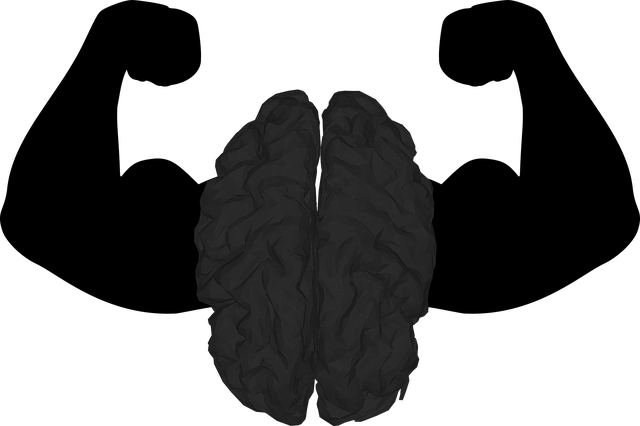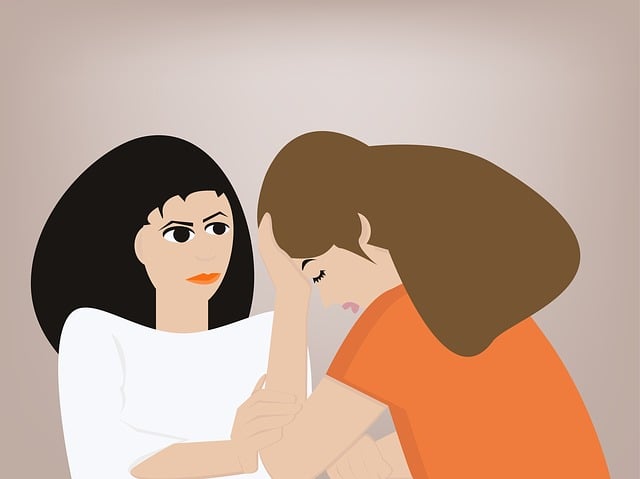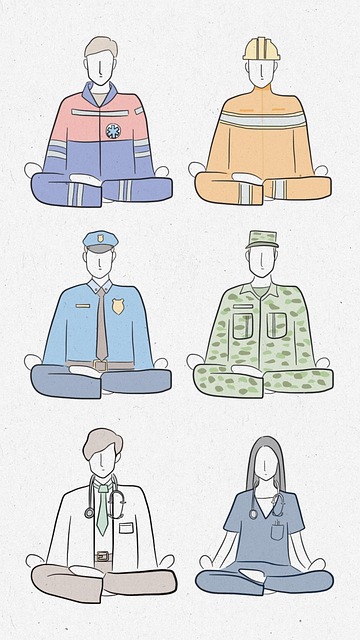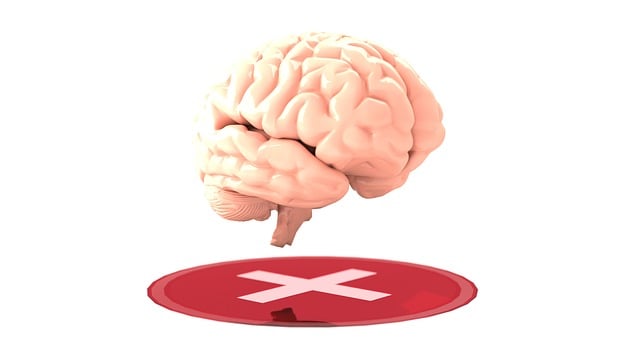Mental health crisis hotlines, like Aurora Autism Spectrum Disorder (ASD) Therapy, provide 24/7 support for emotional distress, offering confidential conversations with trained professionals. These hotlines cater to diverse needs, from immediate crisis intervention to guidance on local services and coping strategies. They advocate for better mental healthcare through policy analysis and community outreach, ensuring individuals, especially those with ASD, receive personalized care and access to specialized therapists and resources. Post-crisis, a network of community resources offers holistic follow-up care, promoting long-term recovery and empowerment within the ASD community.
In today’s fast-paced world, mental health crisis hotline support services play a pivotal role in offering immediate assistance. This article explores the crucial role of such hotlines, with a special focus on Aurora Autism Spectrum Disorder Therapy. We delve into understanding these services, who can access them, and what to expect during a crisis call. Additionally, we discuss the importance of follow-up care and community resources, highlighting how services like Aurora contribute to comprehensive mental health support.
- Understanding Mental Health Crisis Hotlines
- The Role of Aurora Autism Spectrum Disorder Therapy
- Accessing Support: Who Can Use These Services?
- What to Expect During a Crisis Call
- Building a Network: Follow-up Care and Community Resources
Understanding Mental Health Crisis Hotlines

Mental Health Crisis Hotlines serve as vital community resources, offering immediate support and guidance during intense emotional or psychological distress. These hotlines are designed to cater to a wide range of mental health concerns, from depression and anxiety to more specialized needs like Aurora Autism Spectrum Disorder Therapy. Trained professionals answer calls, providing active listening, crisis intervention, and information on available local services.
The effectiveness of these hotlines lies in their accessibility 24/7, anonymity, and ability to connect individuals with appropriate care swiftly. They often act as a first point of contact for those seeking help, offering a safe space to share concerns and receive immediate emotional support. Moreover, crisis hotline services play a crucial role in the broader context of Mental Health Policy Analysis and Advocacy by highlighting community needs and contributing to ongoing discussions on improving mental healthcare systems, including Community Outreach Program Implementation focused on reaching underserved populations.
The Role of Aurora Autism Spectrum Disorder Therapy

Aurora Autism Spectrum Disorder (ASD) Therapy plays a pivotal role in providing specialized support for individuals navigating mental health crises within the ASD community. This therapy focuses on addressing unique challenges faced by those on the spectrum, offering tailored strategies for coping with anxiety, depression, and related issues. By incorporating evidence-based practices, therapists foster resilience building and skill development, empowering individuals to manage their emotional well-being effectively.
In the context of trauma support services, Aurora ASD Therapy caters to the specific needs of individuals who have experienced traumatic events. Through a gentle and supportive approach, therapists help clients process and work through these experiences, promoting healing and improving overall mental health. The therapy emphasizes the importance of coping skills development, teaching practical methods to handle stressors and promote self-calming, thereby enhancing overall resilience.
Accessing Support: Who Can Use These Services?

Mental health crisis hotline support services are designed to be accessible to anyone experiencing a mental health emergency or distress. These services cater to a wide range of individuals, including those with conditions such as Aurora Autism Spectrum Disorder (ASD). The hotlines provide immediate assistance, offering confidential conversations with trained professionals who can offer guidance and resources tailored to each caller’s unique situation.
In addition to ASD therapy, these support lines are beneficial for anyone going through a difficult time, whether it’s due to personal challenges, relationship issues, or feelings of isolation. They serve as a safe space for individuals to share their concerns, receive crisis intervention, and explore options for ongoing mental health care. For those with a history of mental health struggles, regular use of these services can facilitate the development of self-care routines (a crucial aspect of maintaining better mental health) and even lead to the implementation of successful community outreach programs that foster further support and connection.
What to Expect During a Crisis Call

When reaching out to a mental health crisis hotline like Aurora Autism Spectrum Disorder Therapy, individuals can expect a supportive and non-judgmental space. The first interaction often involves a trained professional who will assess your situation and provide immediate assistance. They’ll ask about your current feelings, thoughts, and any recent changes or triggers that might have contributed to the crisis. This initial conversation aims to gather essential information while ensuring your safety.
During the call, you can share as much or as little detail as you feel comfortable with. The operator will offer guidance tailored to your needs, which could include breathing exercises for anxiety relief, cognitive reframing techniques based on mind over matter principles, or simply a listening ear. They may also connect you to relevant local resources or refer you to specialized services if required, ensuring you receive the appropriate support for your unique situation.
Building a Network: Follow-up Care and Community Resources

After initial crisis intervention, a robust network of follow-up care and community resources is essential to support individuals facing mental health challenges, especially those with conditions like Aurora Autism Spectrum Disorder (ASD). This phase involves connecting individuals with therapists specializing in ASD therapy, support groups tailored to their needs, and relevant public awareness campaigns. The goal is to provide ongoing mental health education programs designed to prevent future episodes and enhance coping strategies.
Community resources play a pivotal role by offering specialized services such as peer mentoring, access to counseling centers, and participation in depression prevention initiatives. By building this network, individuals can receive holistic care that addresses not just acute symptoms but also long-term recovery goals. This inclusive approach ensures continuity of support, fostering a sense of belonging and empowerment within the community.
Mental health crisis hotline support services, such as those offered by Aurora Autism Spectrum Disorder Therapy, play a vital role in providing immediate assistance and long-term guidance. By understanding what to expect during a crisis call and recognizing who can benefit from these services, individuals can access the necessary care. Follow-up support and community resources further enhance the impact, ensuring that folks receive holistic attention tailored to their unique needs.














